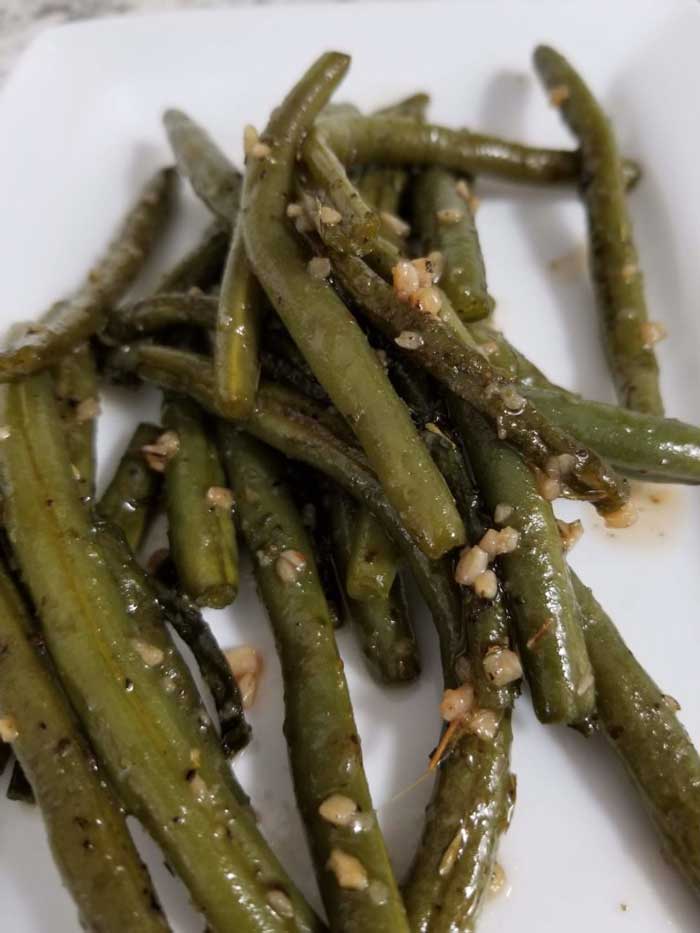
Chemo constipation is not a tactful or delicate subject to discuss. It can be downright dirty to discuss. So I will do my best to discuss chemo constipation in a tactful manner.
As the old saying goes, “What goes up, must come down.” The same is true for eating. “What goes in, must come out.” Normally, your body simply takes care of everything automatically. But, if you are going too much (diarrhea) or going to little (constipation), it becomes quite the problem. This article is going to address the cause of chemo constipation, and offer you some practical solutions that will hopefully enable you to rectify the situation quickly.
Let’s first start with some basic biology. When you eat or drink, it travels through your mouth and into your stomach. After your stomach, it travels into your intestines. Eventually, all of food and liquid ends up at the other side coming out as number 1 or number 2. This is your body’s way of eliminating waste and chemicals inside the body that have been converted into useful material for your own body. This is a super important function of your body. And if it doesn’t work correctly, it can cause all kinds of other back ups in the system.
What’s really interesting about digestion is that it is one of the core functions of your body. Surprisingly, many people go their entire lives without actually giving it any thought until there is a problem.
What To Do About Chemo Constipation
Dehydration can cause constipation in the lower intestine. Not eating enough fiber, or eating too much processed cheese can also cause chemo constipation. Other causes are the anesthesia used in surgery, opiate based narcotics found in pain pills, and many chemotherapy drugs. An inability to go will cause pain, discomfort, bloating, and very stinky smells emanating from your behind. Two easy ways to start things up:
1. Increasing your fiber intake.
Examples are fibrous vegetables like carrots, celery, mustard greens, and radishes. All plant material contains fiber. Fiber, as we call it, is actually cellulose. Cellulose makes up the cell walls of plants. This cellulose is what gives plants their firm texture and hardness. The more cellulose a plant contains, the harder it becomes. This is the reason we can build houses out of wood. Humans cannot properly digest cellulose. This indigestible fiber is what pushes things along and acts like a binder for your food as it moves through your digestive tract.
2. Increasing your hydration.
The function of your lower intestine is to extract the water from your foods. If you’re missing out on some daily commotion, there’s a very good chance that your lower intestine has sucked all the water out of the food. This means our waste is stuck. As a result, it becomes dry and painful. Good old fashioned (grandma approved) prune juice is the best solution I have found. I recommend drinking a glass or two. Give it some time to work its magic. When it works, IT WORKS!
Prune juice is filled with b vitamins, potassium, fiber, and a special naturally occurring chemical that will get things moving along fast. After the prune juice works it’s magic, I recommend drinking a small glass of it a day to help with hydration and to continue to keep things moving. If the smell of the prune juice bothers you, pinch your nose and chug. This stuff works!